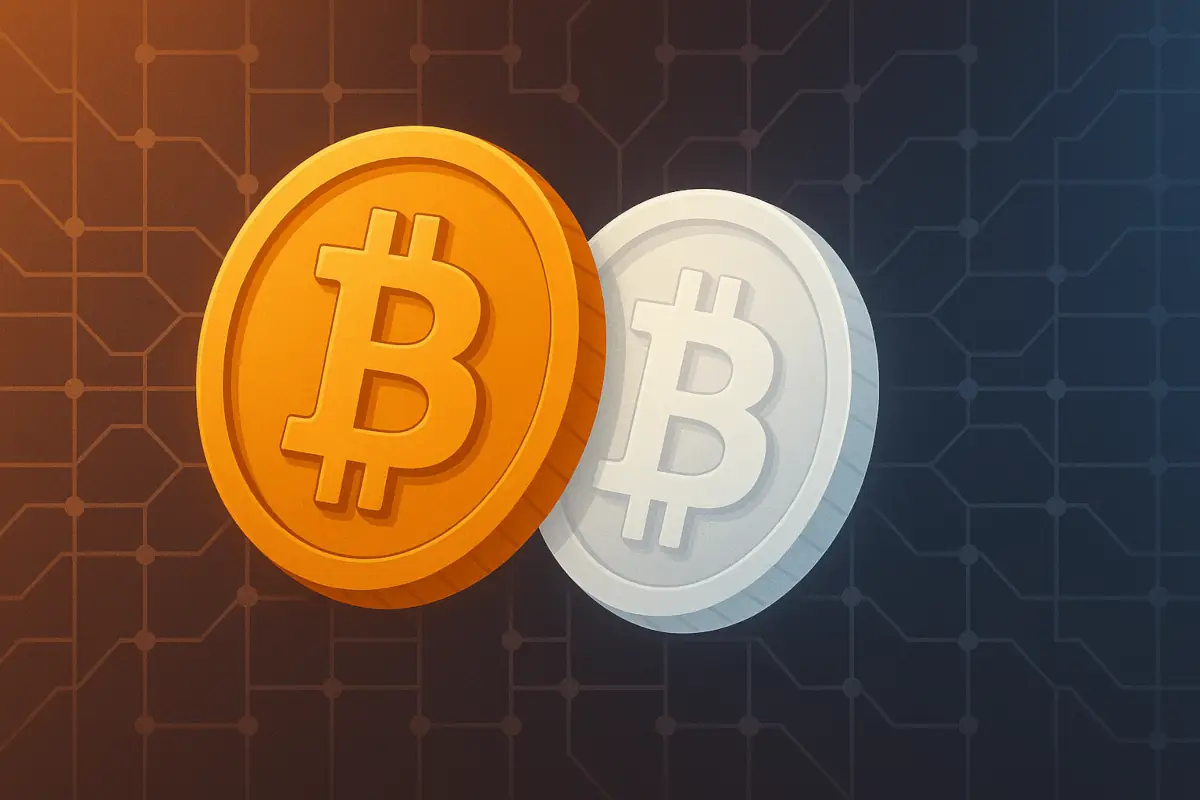The recent Bybit hack, resulting in a staggering $1.4 billion loss, is a sobering reminder of the risks involved in keeping cryptocurrencies on exchanges. While centralized platforms offer convenience and liquidity, they also present a single point of failure that can be exploited by sophisticated hackers.
Crypto exchanges are juicy targets for hackers. They hold massive amounts of funds in one place. Once a hacker breaks through, they can drain wallets in seconds. And unlike traditional banks, there’s no safety net. If your funds are stolen, there’s no one to call for help. You can’t reverse the transactions. It’s gone for good.
Bybit assures users that it remains solvent despite the hack. But that doesn’t change the fact that billions were stolen, leaving users terrified. It’s a harsh reminder: when you keep your crypto on an exchange, you don’t really own it. The private keys – the digital codes that prove ownership – are held by the platform.
This is why to keep your crypto secure, you should move it to a cold wallet.
Table of Contents
How Do Crypto Wallets Work?
Crypto wallets don’t actually store your cryptocurrency. The coins are on the blockchain, a digital ledger that records all transactions. What wallets do is store your private keys – the codes that prove you own the coins linked to your wallet address.
Think of a crypto wallet as a keychain. It holds the keys that unlock your digital money on the blockchain. There are two types of keys:
- Public Key: This is like your bank account number. It’s safe to share, and people use it to send you crypto.
- Private Key: This is like your PIN. It must be kept secret because it’s the only way to access and control your funds. If someone gets your private key, they can steal your money.
When you make a transaction, your wallet uses your private key to sign it, proving that you own the funds being sent. This signature is checked on the blockchain, confirming that the transaction is legitimate. Once verified, the coins move to the recipient’s address.
The most important thing to remember is that whoever holds the private key owns the crypto. That’s why security is so important. If you lose your private key, you lose access to your coins forever.
What Is a Hot Wallet?
A hot wallet is a crypto wallet that’s connected to the internet. It can be a mobile app, desktop software, or a web-based wallet on an exchange. Hot wallets are convenient because they make it easy to send and receive crypto quickly. You can check your balance, make transactions, and even trade coins directly from your phone or computer.
But convenience comes at a cost. Since hot wallets are always online, they’re vulnerable to hacking, malware, and phishing attacks. If a hacker gets into your device or the exchange gets breached, they can steal your private keys and drain your wallet.
Hot wallets are great for small amounts and day-to-day transactions, but they’re not safe for long-term storage. It’s like carrying cash in your pocket – handy for quick purchases but risky if you’re holding a lot.
Exchanges use hot wallets to handle withdrawals and deposits. The problem is, once hackers break into the hot wallet system, they can move funds around quickly before anyone notices. That’s exactly what happened in the Bybit hack.
What Is a Cold Wallet?
A cold wallet is a device or method for storing cryptocurrency offline. It keeps your private keys completely off the internet, making it almost impossible for hackers to reach them.
Think of a cold wallet like a safe that’s not connected to anything. Even if your computer or phone is compromised, your private keys stay secure because they’re stored offline.
There are different types of cold wallets:
- Hardware Wallets: These are small devices that look like USB drives. They store your private keys offline and require physical confirmation for transactions. This makes them very secure because even if your computer is hacked, the attacker can’t access your funds without the wallet. Popular brands include Ledger and Trezor.
- Paper Wallets: These are pieces of paper with your private and public keys printed on them. They’re completely offline, but if you lose the paper or it gets damaged, you lose your crypto forever. Paper wallets are also tricky to use for spending crypto, so they’re better for long-term storage.
- Sound Wallets: These are rare and quite complex. They store private keys as audio files, hidden in sound. You need special software to decode them, which makes them secure but not very user-friendly.
The biggest advantage of cold wallets is their security. Because they’re not connected to the internet, they’re immune to hacking, phishing, and malware attacks. Even if someone hacks into your computer, they can’t steal your crypto because the keys are stored offline.
You’re still responsible for keeping the private key and seed phrases safe. If you accidentally leak them online or show them to someone, they could access your funds and take them without any way to reverse the transaction.
At the same time, you need to make sure you don’t lose them. Unlike a forgotten password, there’s no recovery option for lost private keys. If you lose them, you lose your crypto forever.
Hot Wallet vs. Cold Wallet: What’s the Difference?
The main difference between hot and cold wallets is connectivity. Hot wallets are online, which makes them easy to use but vulnerable to hacking. Cold wallets are offline, which makes them secure but less convenient for everyday transactions.
Hot wallets are great for quick access and trading, but they’re risky for storing large amounts of crypto. Cold wallets, on the other hand, are ideal for long-term storage and security, but they require more effort to use.
For example, with a hot wallet, you can send crypto in seconds. But with a cold wallet, you need to connect the device, sign the transaction, and then reconnect to broadcast it. It’s a bit more work, but the extra security is worth it.
A good strategy is to use both:
- Hot Wallet: For daily transactions and small amounts.
- Cold Wallet: For long-term storage and large amounts.
This way, you get the best of both worlds – convenience and security.
Why You Should Consider a Cold Wallet
The Bybit hack was a harsh reminder that crypto exchanges are not as secure as they seem. Even the biggest platforms can get breached, leaving users helpless. The truth is, if you don’t control your private keys, you don’t truly own your crypto. Leaving funds on an exchange is like leaving cash in someone else’s pocket. It’s convenient, but it’s not safe.
Cold wallets give you complete control. No third party, no risk of a platform getting hacked or going bankrupt. Just you and your private keys. It’s the most secure way to store crypto, especially if you’re planning to hold it long-term.
Exchanges are useful for trading, but they shouldn’t be used as long-term storage. If you’re serious about protecting your investments, consider a cold wallet. It’s one of the safest ways to store crypto. Don’t wait until it’s too late.
The Bybit hack was a wake-up call, but it doesn’t have to happen to you. Don’t trust exchanges to keep your money safe. Trust yourself – and a cold wallet.
Looking to protect your crypto and online accounts? USB Security Keys can safeguard your accounts, emails, and social media from hackers – even if your password gets stolen. Check out our article to learn more.




